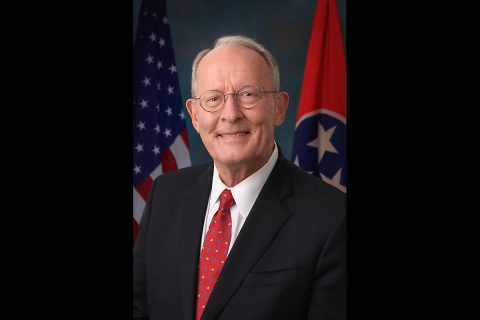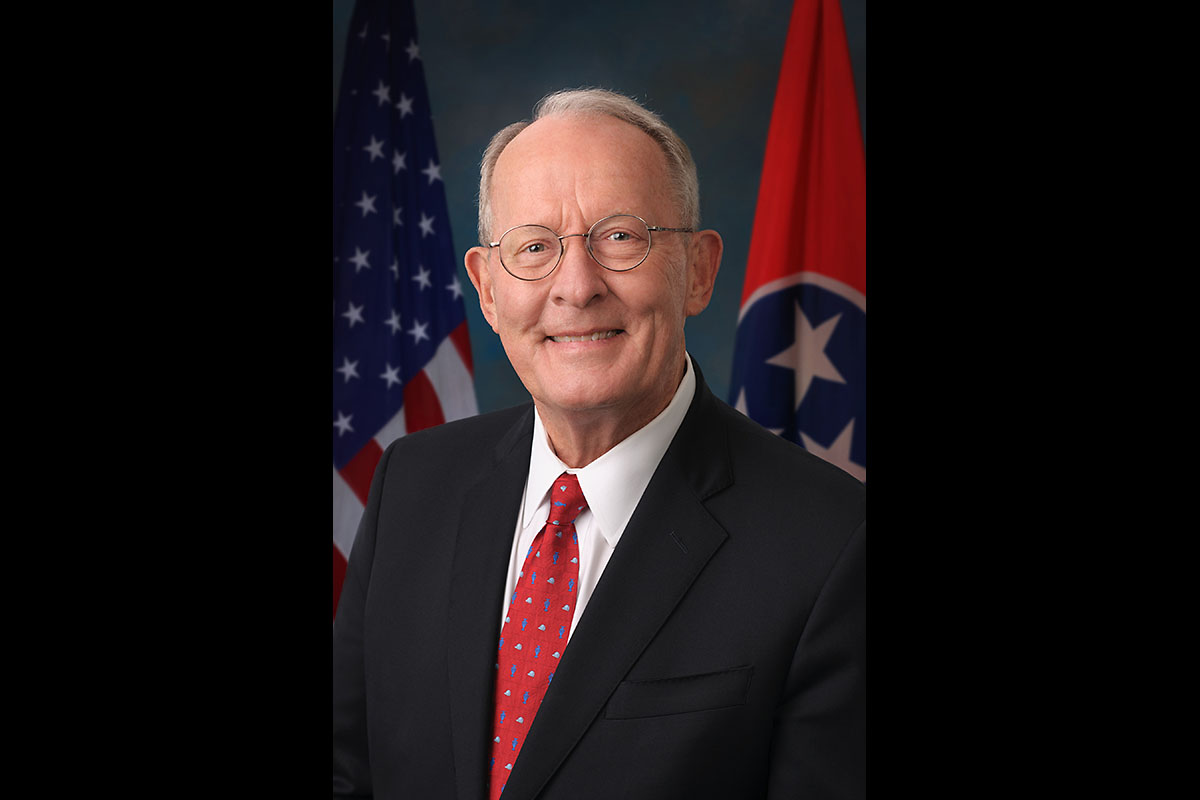 Washington, D.C. – Senate education committee Chairman Lamar Alexander (R-Tenn.) on Thursday, December 5th said “the Senate has taken a big first step in simplifying the FAFSA for 20 million families, including 8 million minority students,” after the Senate passed bipartisan legislation that makes permanent $255 million in annual funding for HBCUs, cuts up to 22 questions from the federal student aid application form (FAFSA), and eliminates bureaucratic verification nightmare for most students.
Washington, D.C. – Senate education committee Chairman Lamar Alexander (R-Tenn.) on Thursday, December 5th said “the Senate has taken a big first step in simplifying the FAFSA for 20 million families, including 8 million minority students,” after the Senate passed bipartisan legislation that makes permanent $255 million in annual funding for HBCUs, cuts up to 22 questions from the federal student aid application form (FAFSA), and eliminates bureaucratic verification nightmare for most students.
The bipartisan amendment to the House-passed FUTURE Act is sponsored by Alexander, Senate education committee Ranking Member Patty Murray (D-Wash.) and Senators Tim Scott (R-S.C.), Doug Jones (D-Ala.), Richard Burr (R-N.C.) and Chris Coons (D-Del.).

“It’s hard to think of a piece of legislation that would have more of a lasting impact on minority students and their families than this bill,” Alexander said of the legislation.
“First, it provides permanent funding – that is fully paid for – for HBCUs and other Minority Serving Institutions attended by over 2 million minority students. Second, after five years of bipartisan effort, it greatly simplifies the Free Application for Federal Student Aid – the FAFSA – that 20 million families, including 8 million minority students, fill out every year to qualify for federal student aid,” Alexander continued.
“This bipartisan provision stops families from having to give their same tax information to the federal government twice – first to the IRS, then again to the U.S. Department of Education. Students give permission to the IRS and the Department of Education to share tax return data, which eliminates up to 22 questions on the FAFSA with one click. It should eliminate most of the so-called ‘verification’ process, which is a bureaucratic nightmare that 5.5 million students go through annually to make sure the information they gave to the Department of Education is exactly the same as they gave to the IRS. And according to the Department of Education, it helps taxpayers by eliminating up to $6 billion each year in mistakes – both in overpayments and underpayments – in Pell grants and student loans.”
Alexander concluded: “The final step to simplify the FAFSA is to pass additional legislation that will reduce the 108 questions on the FAFSA to a total of between 18 and 30 questions and make Pell grants predictable so students can know how much grant aid they will receive to attend college.”
Background on the Amendment:
- Permanently reauthorizes and provides $255 million in annual mandatory funding for Historically Black Colleges and Universities and other Minority Serving Institutions
- Is fully paid for by including the FAFSA Act which passed the Senate unanimously last year:
- Allows providing tax information only once—Students do not have to give their tax information to the federal government twice.
- Eliminates up to 22 questions—Students give permission to the Department of Education to request tax return data already given to the Internal Revenue Service, which reduces the 108 questions on the FAFSA by up to 22 questions.
- Eliminates verification nightmare—For most students, eliminates so-called “verification” which is a bureaucratic nightmare that 5.5 million students go through annually to make sure the information they gave to the U.S. Department of Education is exactly the same as they gave to the IRS.
- Eliminates $6 billion in mistakes—According to the U.S. Department of Education, helps taxpayers by eliminating up to $6 billion each year in mistakes (both overpayments and underpayments) in Pell grants and student loans.
- Enables 7 million applicants who are currently unable to access their IRS data for their FAFSA to verify that they do not file taxes without requesting separate documentation from the IRS
- Streamlines income-driven repayment by eliminating burdensome annual paperwork for 7.7 million federal student loan borrowers on income-driven plans
- According to the Congressional Budget Office, the FAFSA Act saves taxpayers $2.8 billion over ten years which will be used to pay for the permanent funding for HBCUs and other Minority Serving Institutions.



